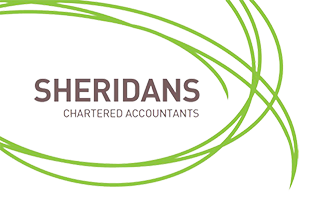(Super Guarantee Amnesty)
Nearly two years after it was first introduced into parliament, the Superannuation Guarantee Amnesty was finally passed by parliament on Monday. The legislation still requires Royal Assent.
Normally, if you are late paying your staff’s super:
- The super payments are not a deductible expense, and
- You will be charged stiff penalty interest and administration fees.
What is the Amnesty?
- Applies to unpaid SG liabilities relating to pay periods until 31 March 2018 (i.e. not for 1 April 2018 onwards).
- If the SG liability is disclosed AND PAID, employers:
Can claim the payments as a tax deduction.
Are not charged the administrative component and the Part 7 penalty (that would otherwise apply).
The amnesty period starts from 24 May 2018 and ends six months from the date it receives Royal Assent.
The aim is obviously to encourage employers to self-correct historical SG non-compliance.
The government says that 7,000 employers have voluntarily disclosed historical unpaid super since the amnesty was first announced on 24 May 2018, and expects an additional 7,000 employers will similarly come forward in the next six months. Overall, Treasury expects $230 million of previously unpaid super to be paid to employees as a result of the amnesty.
Clearly employers are not off the hook: the super has to be paid, together with the relatively high rate of interest. However, employers get the benefit of avoiding the penalties usually associated with late payment, and the deductibility for the payments. And employees get their super.
It will be interesting to see eventually what the total of the super paid under the amnesty amounts to.

